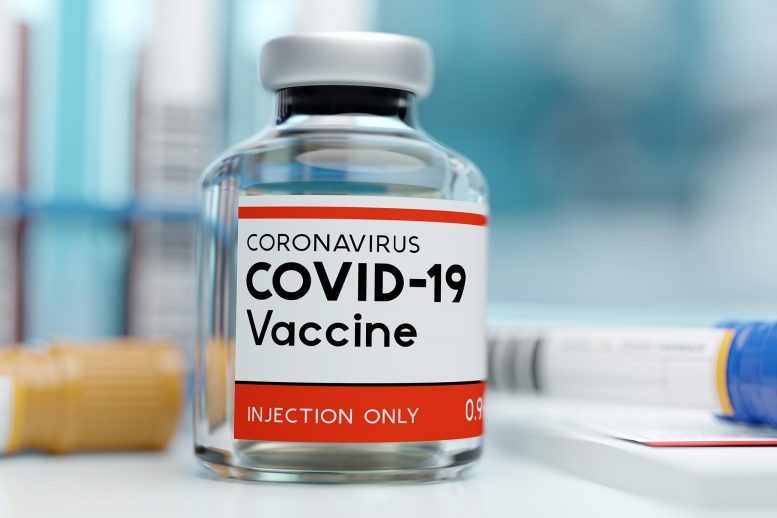
Vaccine hesitancy is prevalent in Australian society. While public health messaging can help, alternative policies may be needed for individuals with strong beliefs to achieve sufficient vaccination coverage and end the pandemic.
Almost three-in-five Australians (58.5 percent) say they will definitely get a COVID vaccine once it is available, a new analysis from The Australian National University (ANU) shows.
But six percent of the population say they definitely won’t, with another seven percent of Australians saying they will probably not get the vaccine.
The analysis, led by the ANU Centre for Social Research and Methods, examined COVID-19 vaccine hesitancy and resistance and built on a survey of 3,000 adult Australians.
“Overall, there are significant levels of vaccine hesitancy or resistance across Australian society.”
It’s the first representative longitudinal survey with over 2,000 respondents that examines the demographic, political, and social attitudes to a COVID vaccine.
Study co-author, Associate Professor Ben Edwards, said the analysis revealed which groups in Australia were less and more likely to “get the jab” once available.
“Overall, there are significant levels of vaccine hesitancy or resistance across Australian society,” Associate Professor Edwards said.
“We found females, those living in disadvantaged areas, those who reported that risks of COVID-19 were overstated, and those who had more populist views and higher levels of religiosity were more likely to be hesitant or resistant to a vaccine.
“In contrast, those who had higher levels of household income, those who had higher levels of social distancing, who downloaded the COVID-Safe App, who had more confidence in their state or territory government or confidence in their hospitals, or were more supportive of migration were more likely to intend to get vaccinated.”
According to the findings, females were more likely to be hesitant and resistant to a vaccine, while older people (55-64, 65-74 and those over 75 years) were more likely to get it compared to other age groups.
Compared to Australians with a Year 12 qualification only, those with an undergraduate or postgraduate university degree were less likely to be resistant or hesitant to a vaccine and more likely to intend to be vaccinated.
The analysis also found 28.7 percent, almost three-in-10 Australians, were likely to get a vaccine but were still not certain.
“To open up our society, economy, and community fully again, we need to develop a vaccine and get it out to the population as quickly as possible,” study co-author Professor Nicholas Biddle said.
“Our findings show vaccine hesitancy, which accounts for a significant proportion of the population, may be addressed by public health messaging.
“But for a significant minority of the population with strongly held beliefs, alternative policy measures may well be needed to achieve sufficient vaccination coverage to end the pandemic.”
Reference: “COVID-19 vaccine hesitancy and resistance: Correlates in a nationally representative longitudinal survey of the Australian population” by Ben Edwards, Nicholas Biddle, Matthew Gray and Kate Sollis, 16 November 2020, MedRxiv.
DOI: 10.1101/2020.11.13.20231480
The analysis forms part of the ANU Centre for Social Research and Methods COVID-19 monitoring program. Funding for the research was provided by the Australian Institute for Health and Welfare.

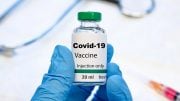

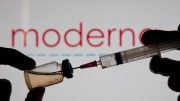


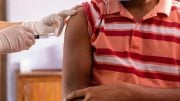
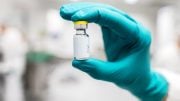
“But for a significant minority of the population with strongly held beliefs, alternative policy measures may well be needed to achieve sufficient vaccination coverage to end the pandemic.”
This statement is porbably the greatest threat to free world ever made.
The implication that you may not have a choice in the matter is barbaric.
I hope the world can do better.
All this shows is that people who fear this virus will get the vaccine, and those that feel they would be better off not putting this in their body or do not fear getting this do not want to take it. I do not fear this virus, sure, if I get the virus I have a slight chance of dying, but I cannot take the flu shot, it gave me a severe reaction two times, both witnessed by different doctors ten years apart. The second time the doctor told me that I should never even consider getting the vaccine again because it could kill me. I do not know if I will have that kind of cytokine storm with this vaccine, I will observe if it happens to others. The reaction I get usually starts getting bad the next day, I love eggs.